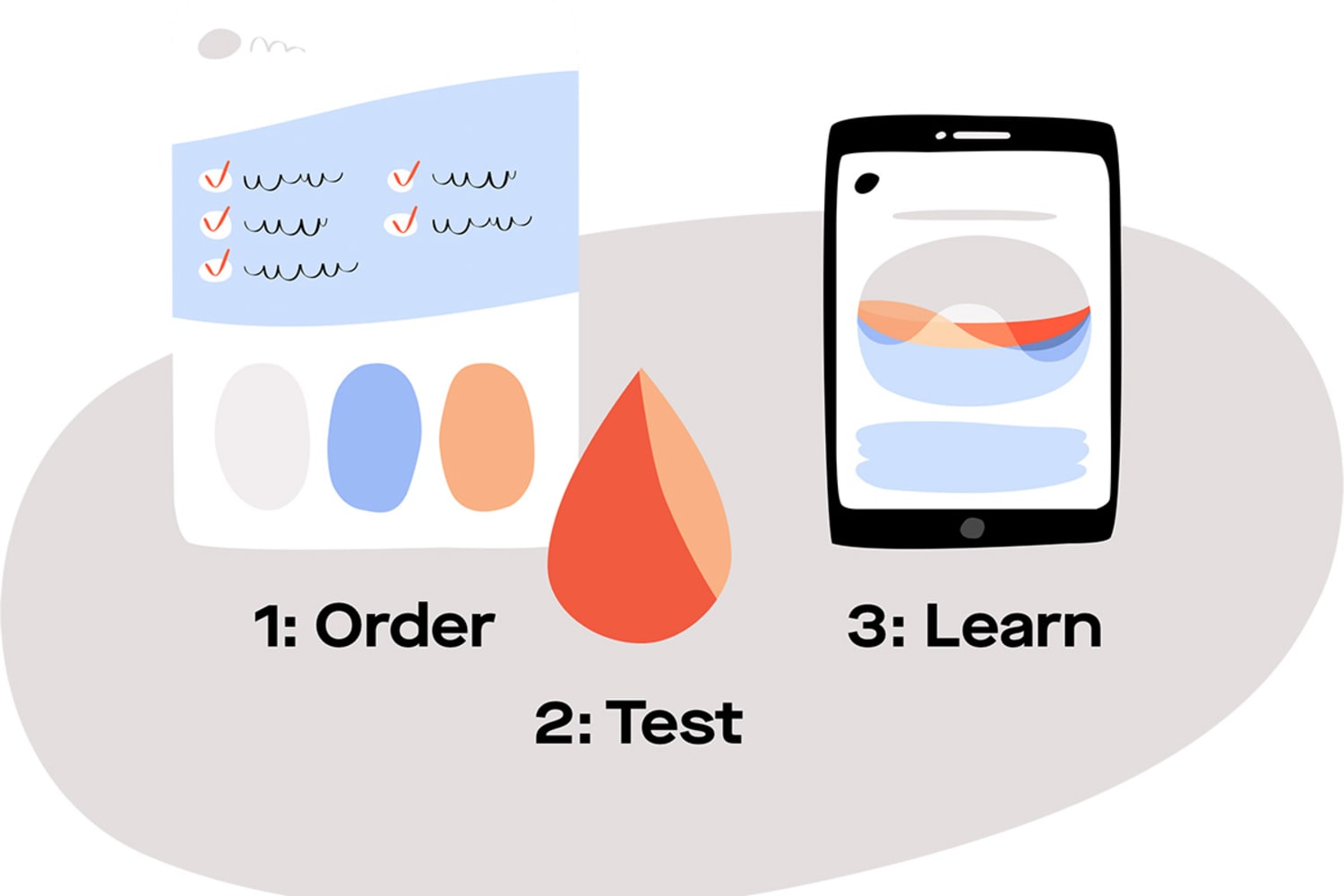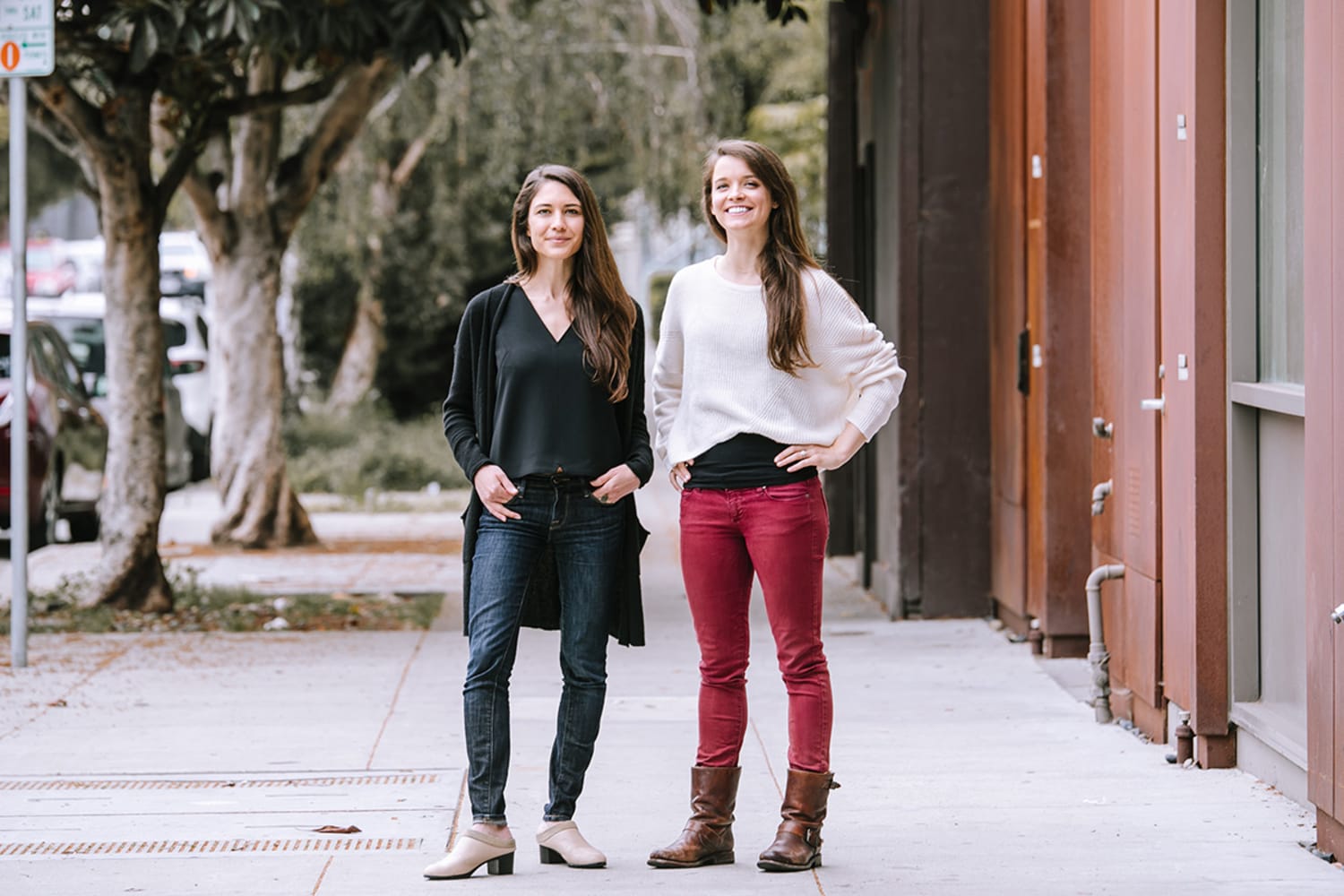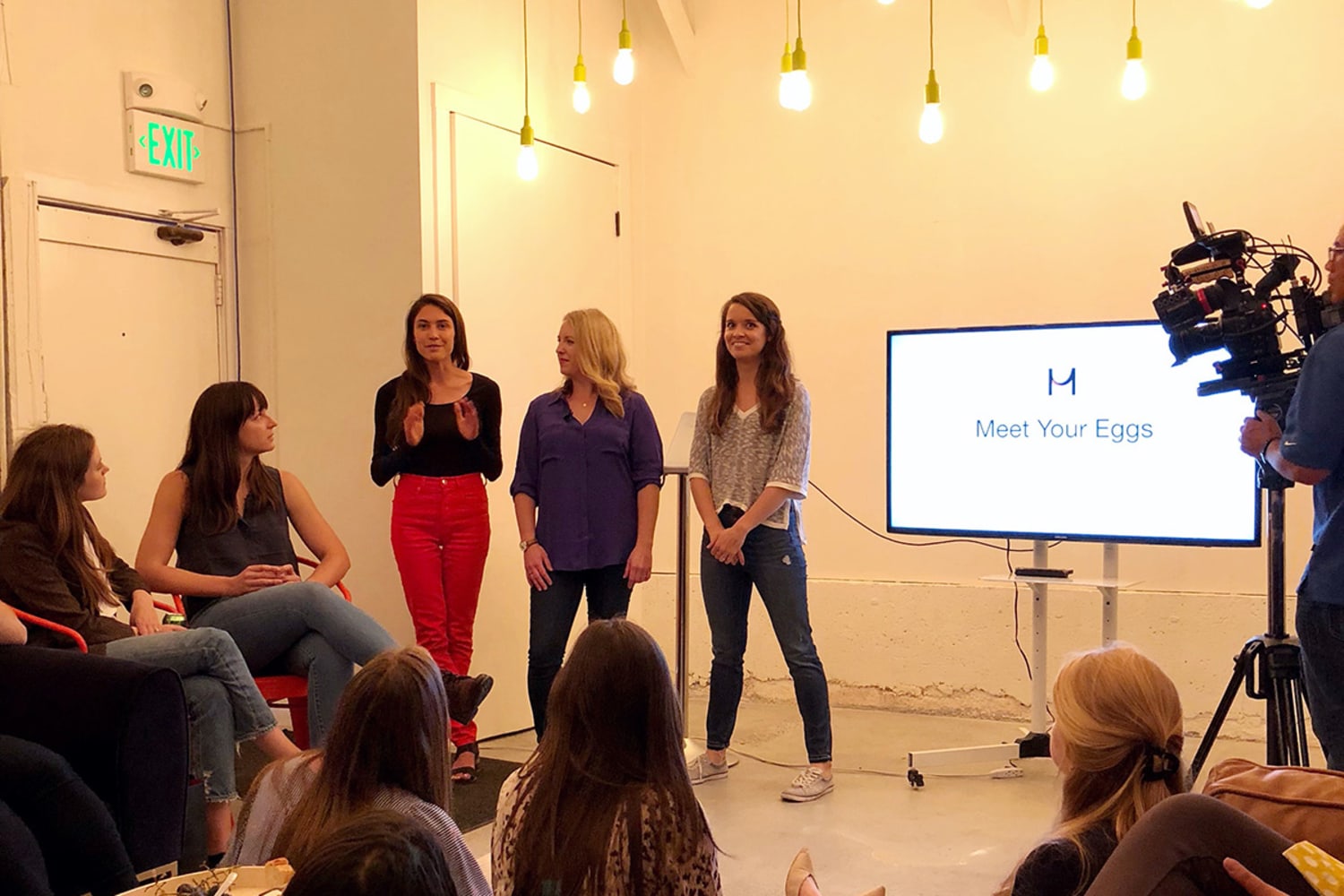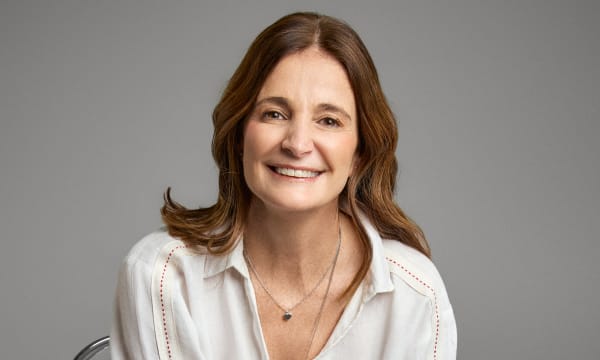Modern Fertility is an at-home test kit. How does it work?
Women come to our website, order a test, and they have the option of either going to a Quest Diagnostics facility in 47 states or providing the sample at home. In both instances, the results are processed in a CLIA-accredited lab, and those results are reviewed by a board-certified physician.
After those results are reviewed, Modern Fertility gets them back and we make them available to women with our personalized Modern Fertility experience. We have customized reports, which are age and result-specific on between one and eight hormones, depending on the type of birth control, if any, that the woman is on, as one part of the overall fertility educational experience. They help women understand the role of age in fertility and many other factors.
We also allow women to join our weekly webinar, which we call the Egginar, where they can ask questions anonymously and get even more information around fertility. We also include the ability to ask further questions with a fertility nurse in our price. We believe that understanding your hormones and having that lens to what’s going on inside your body is information that women are entitled to have.
Which age groups are you targeting with Modern Fertility?
Our test is approved for women who are ages 21 through 40 and we see clustering around different ages across that spectrum. In our reports, we customize a lot of the way that we talk about these hormones in relation to a women’s age. We’ve really invested in building out that science and continuing to move this space forward.
Speaking of science, you have a background in healthcare. What learning did you take from your previous positions to create Modern Fertility?
My introduction to the infertility space was back when I was working in private equity on the East Coast. I was noticing all of these trends in women’s health—women waiting until later in life to have kids and issues with infertility rising—and was leading the diligence on an investment in a network of IVF clinics and labs.
Through that experience, I learned the business side and the science side, but it was really the emotional aspect that stuck with me. It was talking to women, who said “I wish I would have gotten the tests done earlier—it would have influenced how I was thinking about all of this.” I had always been interested in personalized medicine, so I ended up leaving private equity to move out to the West Coast and work on a variety of startups, but it was really a personal experience in actually trying to get these tests done that allowed me to see the lack of education around reproductive health in the healthcare system today.
In my experience, the tests were really hard to get and it was difficult to get them interpreted, but when I did, the information was so impactful in helping me think through my own timeline and the decisions that I needed to make. The kicker on top of that was that I got this unexpected bill for $1,500 in the mail a couple of weeks later. When I was open about my experience with getting these tests done, I started to have friends, friends of friends and then eventually hundreds of women asking me questions about fertility. I realized that this is something that women are thinking about, but they don’t have the tools or the information necessary to make the decisions that are right for them, so we created our first product, Modern Fertility, to focus on testing and make that information accessible to women everywhere.






